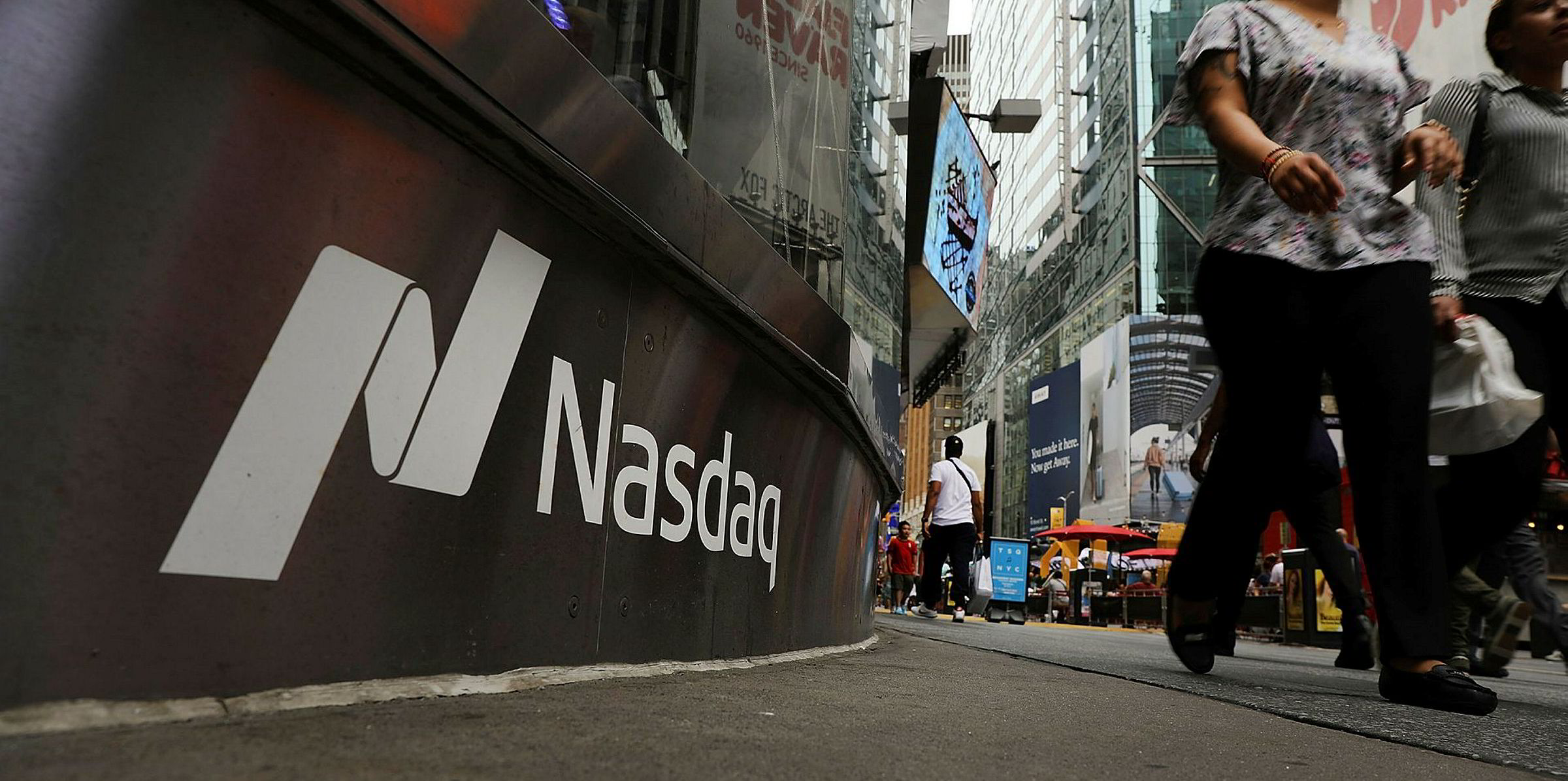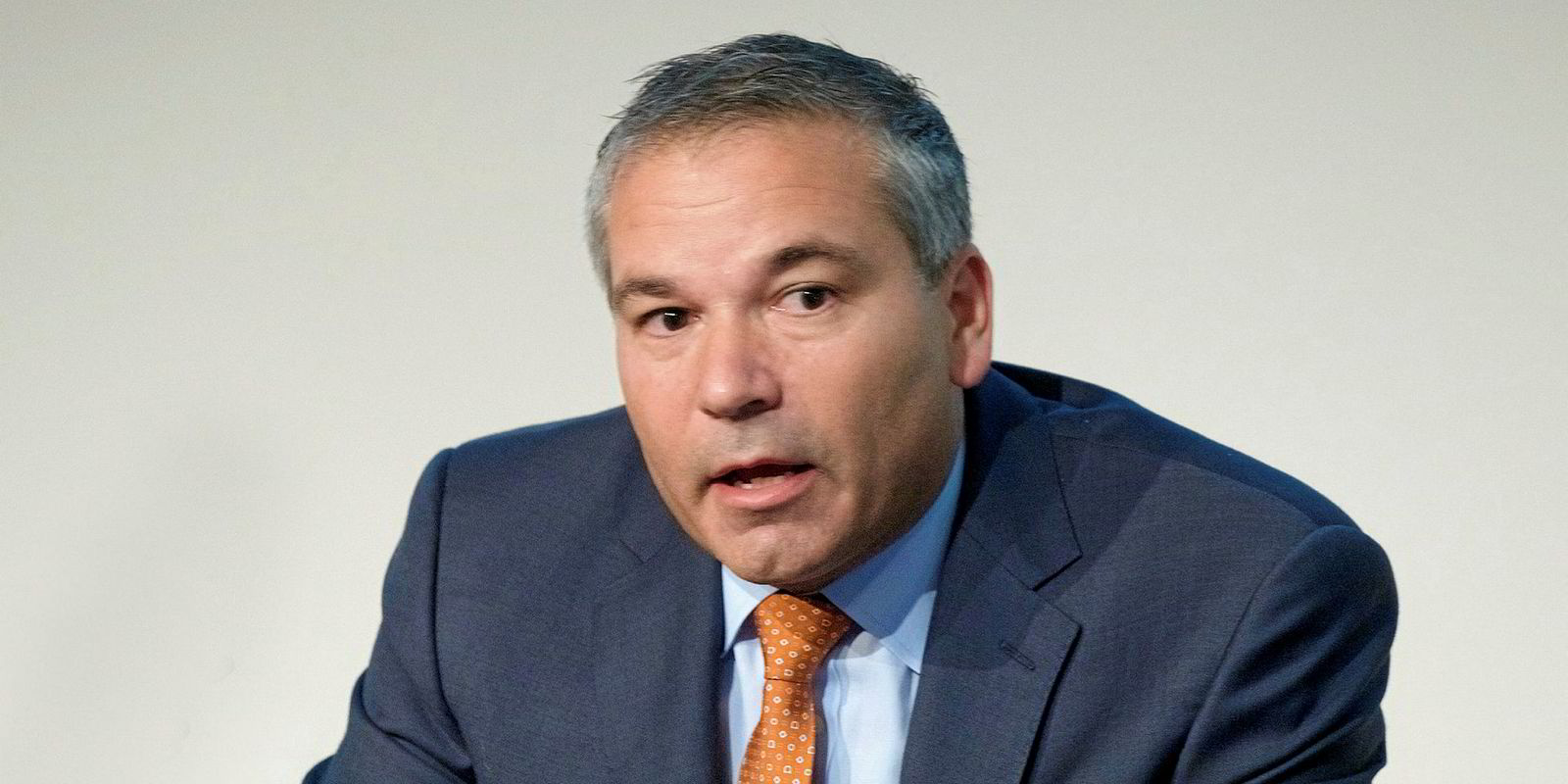Greek shipowner George Economou continues to consolidate control over his New York-listed DryShips as the company buys back its own stock.
In a new filing with US securities regulators, Economou reports holding more than 72.4 million shares in the company — a stake of 74.1%.
This is up from a filing in June, in which Economou held the same number of shares, but a lower percentage stake at 72.7%.
The change is based entirely on DryShips continuing to act under a February authorisation to buy back up to $50m-worth of its stock in the open market.
Since the last reporting on 18 June, DryShips has repurchased more than 1.38 million shares, dropping to a total float of 97.7 million shares from the previous figure of 99.1 million.
Whether DryShips’ buybacks have helped the stock’s trading performance is an open question.
But as TradeWinds reported in July, DryShips was the top performer of 2018 to date among US-listed shipowners based on share-price appreciation.
This was despite the spectre of a class-action shareholder lawsuit over alleged securities fraud in US federal court and DryShips’ receipt of a subpoena for documents from the US Securities and Exchange Commission (SEC).
DryShips has a fleet of 35 vessels, including four newcastlemaxes, 11 panamaxes, five kamsarmaxes, a VLCC, two suezmaxes and a pair of aframaxes. It also has four VLGCs, which it agreed to sell last month, and six offshore support vessels comprised of oil spill response vessels and platform supply vessels.
Most of that fleet has been acquired since 2016 on the strength of interactions with Kalani Investments, which would later draw the attention of angry shareholders and the SEC.
Kalani, which is run by Toronto-based hedge fund executive Marc Bistricer, is a co-defendant in the federal litigation.
Not surprisingly given the concentration of Economou’s holding, no other shareholder is reporting even a 5% stake in DryShips in available SEC filings.
However, the stock has always had a significant following from retail shareholders, and this remains the case with an average daily trading volume of 1.3 million shares.





